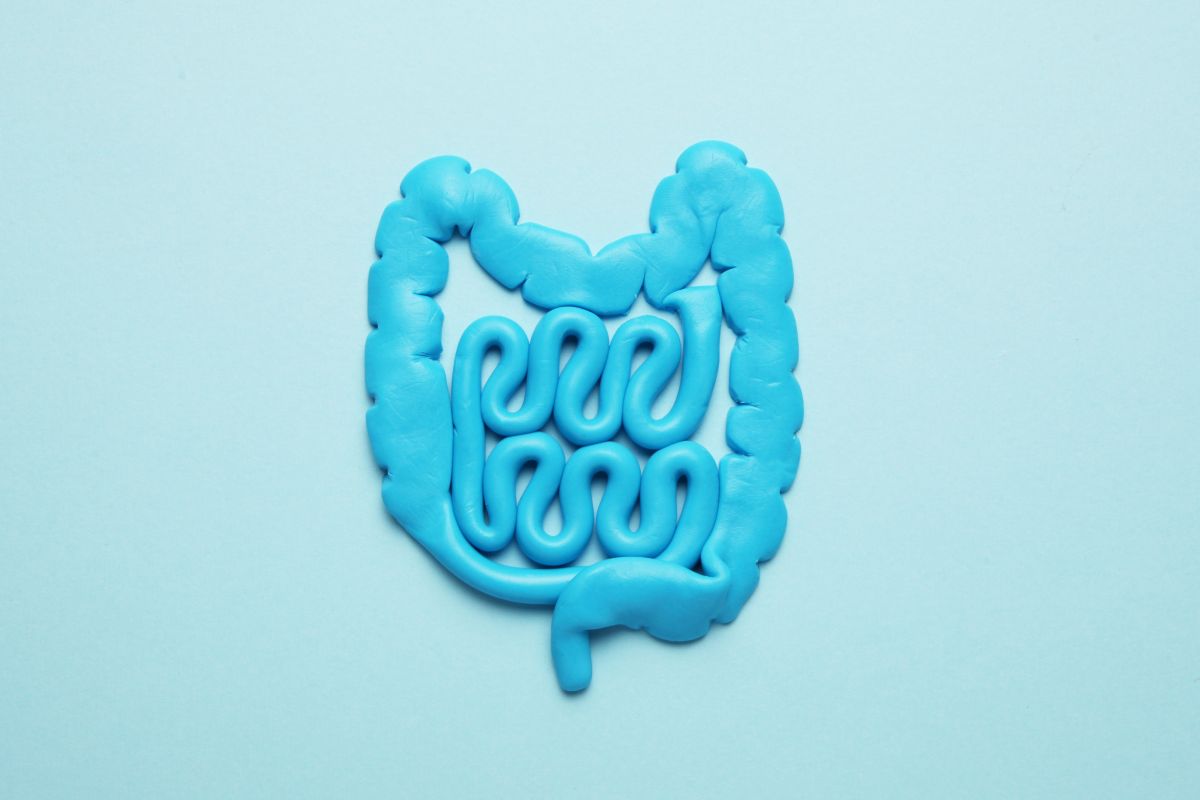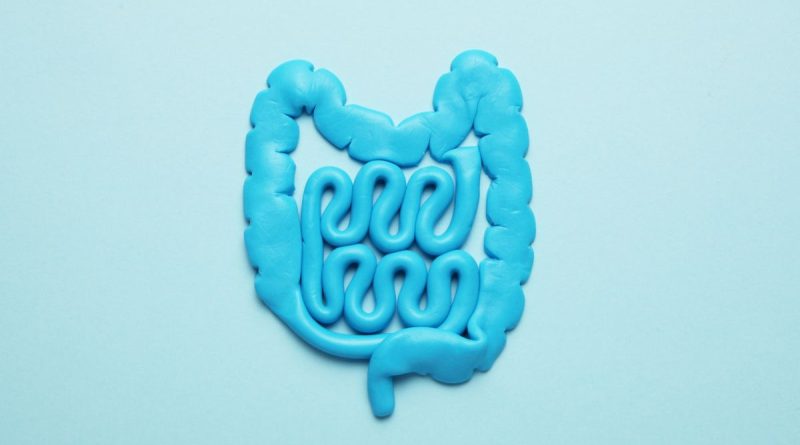How long does it take for food to digest | The State

Digesting food is not just about chewing and swallowing. The process from when you put the food in your mouth until the moment you excrete it is not so fast; it can be even days. The time depends on several factors, including the amount and types of food you have eaten.
After you eat, your body does a great job. Digestion is the process in which your body it breaks down food and extracts the nutrients it needs to function. In this process the food moves from your mouth, go through the esophagus, stomach, small intestine, and large intestine.
How long does it take to digest food?
The process, from the moment you eat the food to the moment it comes out as feces, takes between two and five days, depending on the person, according to Mayo Clinic.
At first, food travels relatively quickly in the digestive system; It takes six to eight hours for food to pass through the stomach and small intestine. Subsequently, food takes about 36 hours to move throughout the colon.
It is in the small intestine where nutrients are absorbed
In the stomach, glands located in the lining produce enzymes and stomach acid that help food break down, explains the National Institute of Diabetes and Digestive and Kidney Diseases (NIDDK).
It is in the small intestine where with the digestive juices produced by the pancreas and liver, including bile, proteins, carbohydrates and fats are broken down. Vitamins, other nutrients, and water move through the walls of the small intestine into the bloodstream.
Food can stay in the large intestine for a day
The undigested part in the small intestine passes into the large intestine. Once there, the food can stay up to a day or more.
The large intestine absorbs the remaining water and nutrients from food. Here waste becomes feces, which are transferred to the rectum. The rectum is the lower end of the large intestine where stool is stored before it is expelled.
The speed of digestion depends on several factors
Digestion time varies between men and women. In men the process is usually faster.
Kind of food. According to Medical News Today, high-protein foods and fatty foods, such as meat and fish, may take longer to digest (up to 2 days) than high-fiber foods, such as fruits and vegetables (1 day) .
The fiber helps move food through the digestive system more quickly.
Irritable bowel syndrome, heartburn, lactose intolerance, and diverticulosis are some of the conditions that can also slow down digestion.
It may interest you:
.


